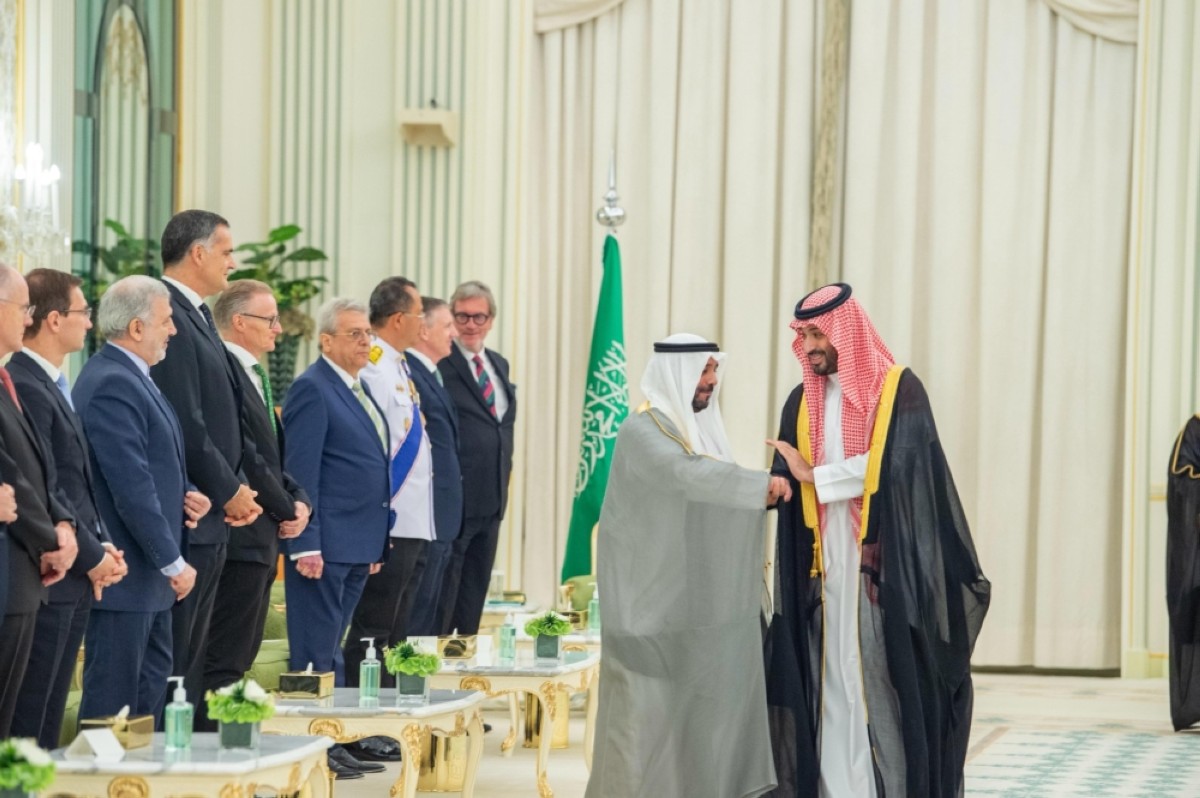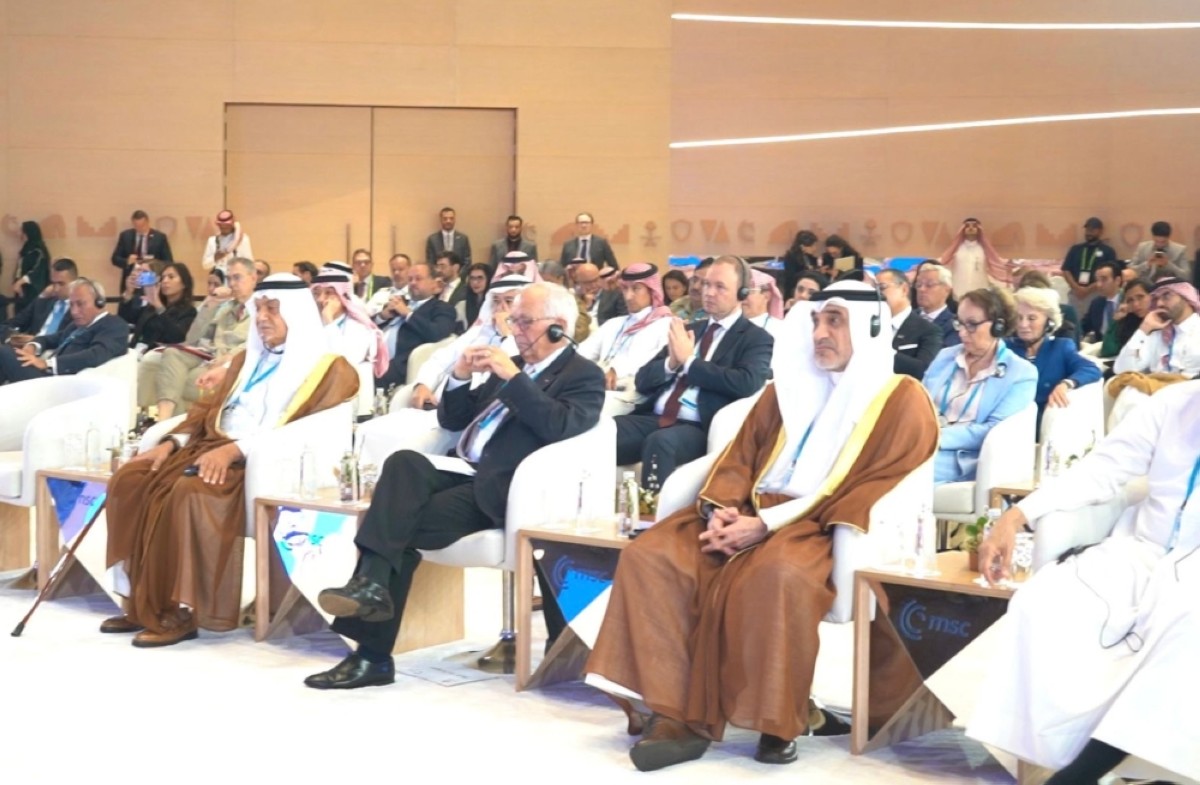Latest News
Unpaid bills? Kuwait can suspend your electricity, water, and more starting September

Latest News
KPC highlights sector strengths; Q8 wins awards at IDCE 2025
Latest News
Kuwaiti Ambassador presents credentials to Saudi Crown Prince
Latest News
Deputy PM stresses cooperation amid Gaza crisis at summit
-

 Business20 hours ago
Business20 hours agoJapan’s central bank survey shows an improved outlook for manufacturers
-

 Politics13 hours ago
Politics13 hours agoJahra Traffic Crackdown: Vehicles Seized, Violators Arrested
-

 Latest News18 hours ago
Latest News18 hours agoMinister: Kuwait’s ranking on US Trafficking in Persons Report improved
-

 Latest News20 hours ago
Latest News20 hours agoAmir receives Crown Prince, speaks with Oman Sultan
-

 Latest News11 hours ago
Latest News11 hours agoCAN kicks off annual breast cancer awareness campaign
-

 Politics11 hours ago
Politics11 hours agoIndian Man, Nepali Woman Face Trial in Kuwait Murder Cases
-

 Politics10 hours ago
Politics10 hours agoKuwaiti Fined KD 10,000 for Insulting Kuwaiti Society in Viral Video
-

 Latest News10 hours ago
Latest News10 hours agoKuwait to standardize recognition of foreign high school diplomas






















